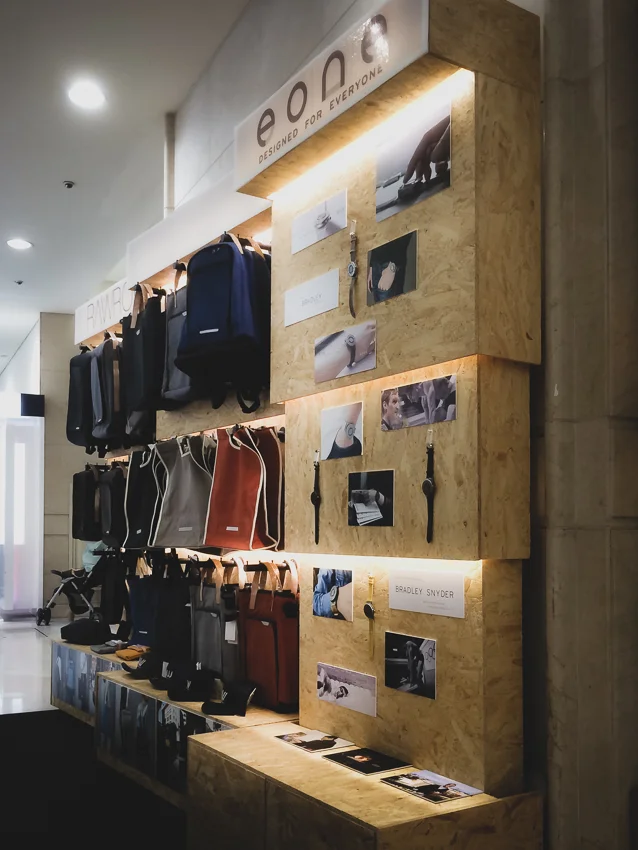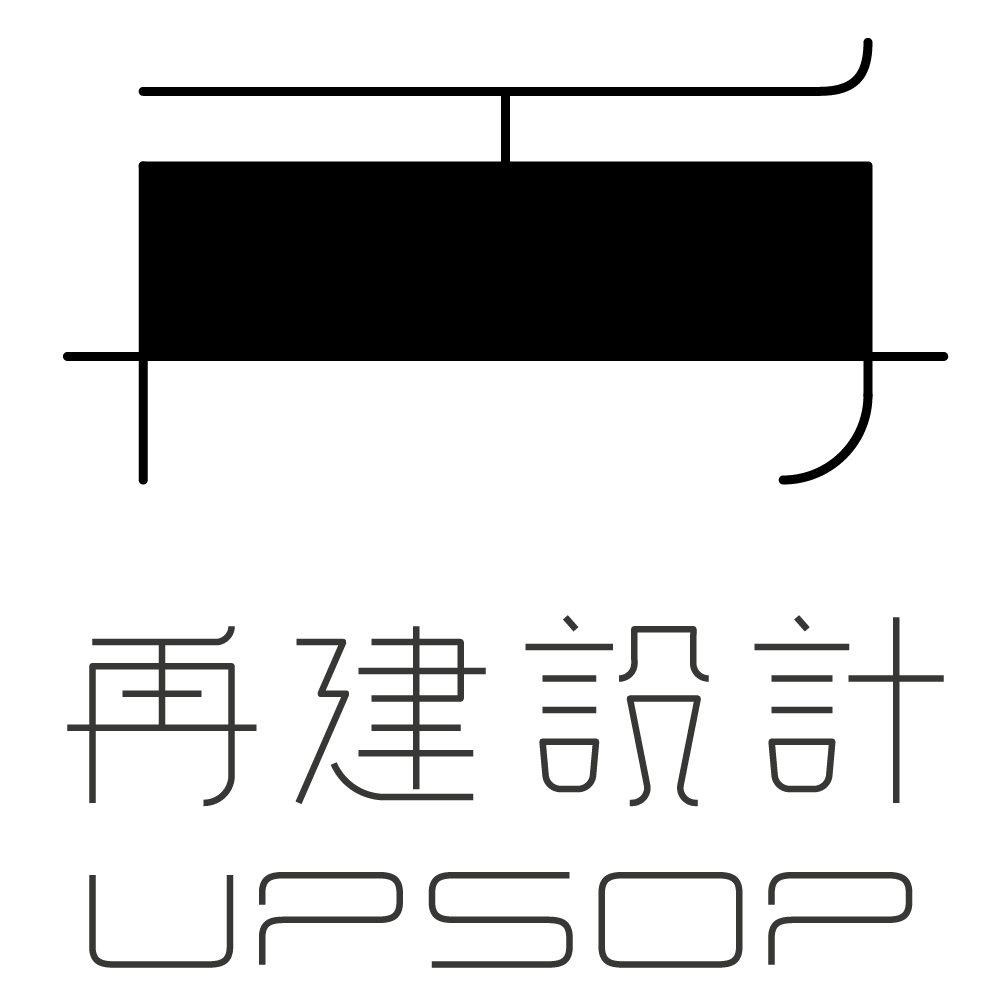
O4O, Hong Kong
What is O4O? We believe that a new retail typology will emerge from Hong Kong, and we call it “Optimized for Online” (O4O). We speculate the most relevant projectile of the well-known Online to Offline (O2O) movement, perceiving the next big move after Amazon and Taobao. Hong Kong, with its history and characteristics, will be the perfect testing ground for the next big idea after e-commerce.

WHAT IS O4O?
We believe that a new retail typology will emerge from Hong Kong, and we call it “Optimized for Online” (O4O).

We speculate the most relevant projectile of the well-known Online to Offline (O2O) movement, perceiving the next big move after Amazon and Taobao. Hong Kong, with its history and characteristics, will be the perfect testing ground for the next big idea after e-commerce.










SHOPPING PARADISE
Hong Kong is one of the most dense city in the world, with a heavy reliance on retail as the driver of economic growth. While the number of visitors from mainland China may have slightly decreased in the past year due to certain opposition by the public and policies by the government, the demand for purchasing genuine products, design oriented products and branded products will continue to exist. Until a fundamental change of political and economic environment in China, which will not be the case by 2050, Hong Kong will continue to serve as a shopping paradise to the world and China in a less friction way.
ONLINE RETAILING
Online retailing has been proliferating. Every kind of businesses realize the importance of digital marketing and attracting customers via the internet. Offering e-commerce to overseas customers increase sales and publicity worldwide. Habits of shoppers have shifted anyways to accept online shopping.
If Amazon of the States is the first mover in online commerce platform and TaoBao of mainland China is the second, Hong Kong however, is barely picking up the momentum of creating any major platforms for online retailing. And this is logical as Hong Kong does not manufacture much products directly. Yet due to the taxation system and reputation in genuine products, Hong Kong attracts billions of local and foreign shoppers annually.

HIGH RENTAL
Tangible shopping is different from online shopping where the actual dimension, texture, functions and quality etc. can be felt and tested with hands. This experience is still preferred by most shoppers. Yet the rental in Hong Kong has been kept high and we see no reasons for the cost to drop. Hong Kong’s high rental forces small retailers to resort to online retailing while favoring big corporates in malls. While customers are left with less choices, desire for unique products will arise.
THE SHARING MESH
A new wave of sharing business has emerged to make our lives easier, covering things ranging from tools to services, vehicles to properties. We may have heard or have used many of the services from startups like Zipcar, Uber and Airbnb etc, or local ones like Gogovan, KuaiDi and CallSiFu etc. In the past ten years, the urban setting has evolved because of these new information dynamics created by the share-based businesses. The businesses tap into the widely accessible and ubiquitous nature of the internet to provide tangible services or products. As sharing of resources is most efficient when transaction cost is low, they work best at places where people are in close proximity, i.e., high density cites like Hong Kong.


VIRTUAL IS THE WAY
The high demand of products and unbearably high property price will create a new typology of retail. We believe that in the future, commodities will be automatically equipped via smart home systems. Most non-essential consumer products will be purchased via the internet with easy to view catalogues. While customers look for wide variety of products, small shops find their ways in the market offering alternative products, services and experiences to major chain brands. The online retailing scene will only grow bigger and more versatile. However, the need for tangible samples for customers to touch and feel still exist.
PHYSICAL ON DEMAND
The need of a physical shop, however, is not constant twenty four seven. Most products are consumed with specific patterns following seasonal changes, festivals and the calendar. And most of them has and elastic range of desired shopping period by the customers. Pop-up stores optimize the resources on marketing and product display with an irregular pattern of physical appearance. Such practice operates strategically without any commitments to a physical location and long term contract.

BIDDING DISPLAY STORES
Shopping malls may now exist in bare shells where vacant shops are open for bidding at certain intervals. There has long been an ecological system of different rentals within a mall depending on the accessibility, size, and orientation of the unit. The rental can now fluctuate Rental decisions will be made based on information and information alone. Analysts of big data will take into consideration of the pattern of consumption and shopping habits of customers within the mall etc. Once successfully bided, remotely stored flexible display system and limited goods will move in the mall by vehicle sharing systems and professional moving teams. The whole installation and dissemble process will be less than 15 minutes.
THE EXPERIENCE
Pop-up displays will provide physical presence for the brand and offer tangible experience on demand. Goods will be delivered as in online retailing experience. Rest of time to the retailing display, the shopping mall will offer public space back to the city. Opening up all kind of possibilities.
















